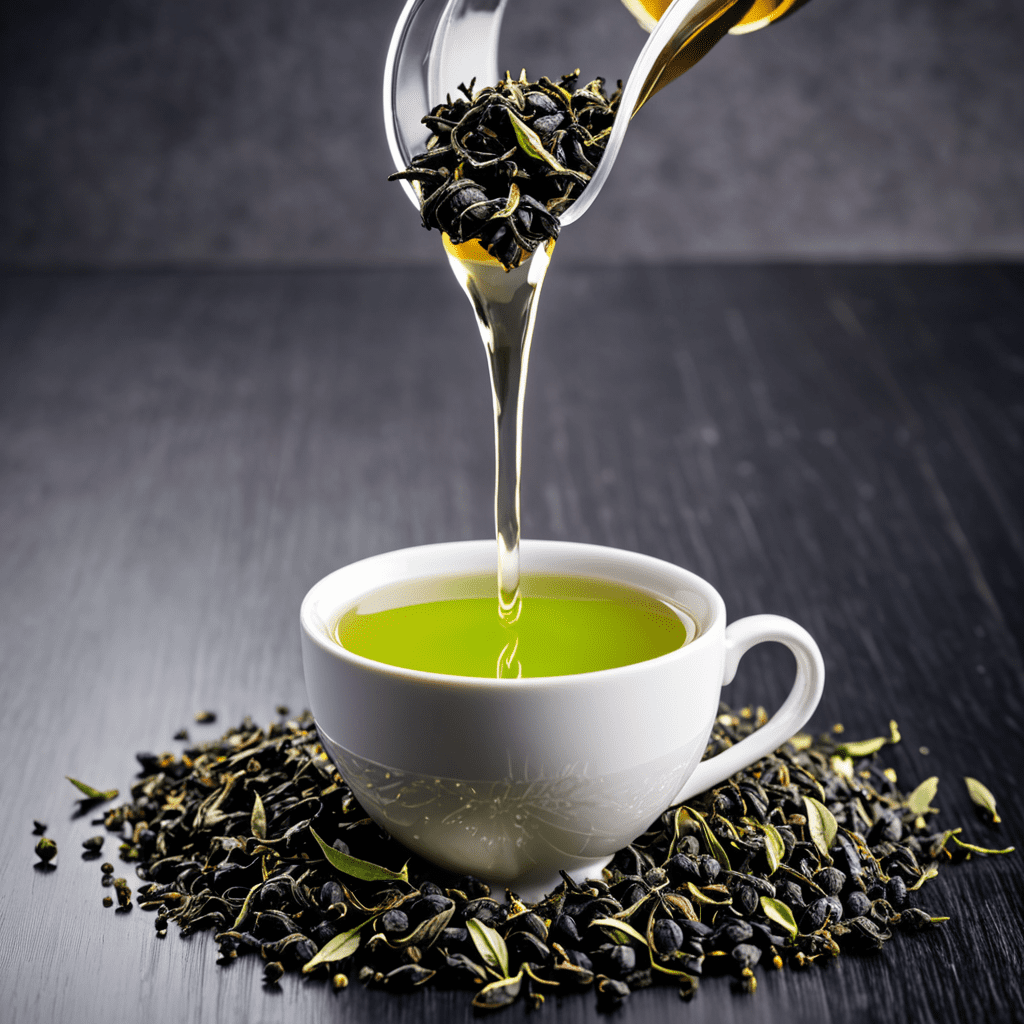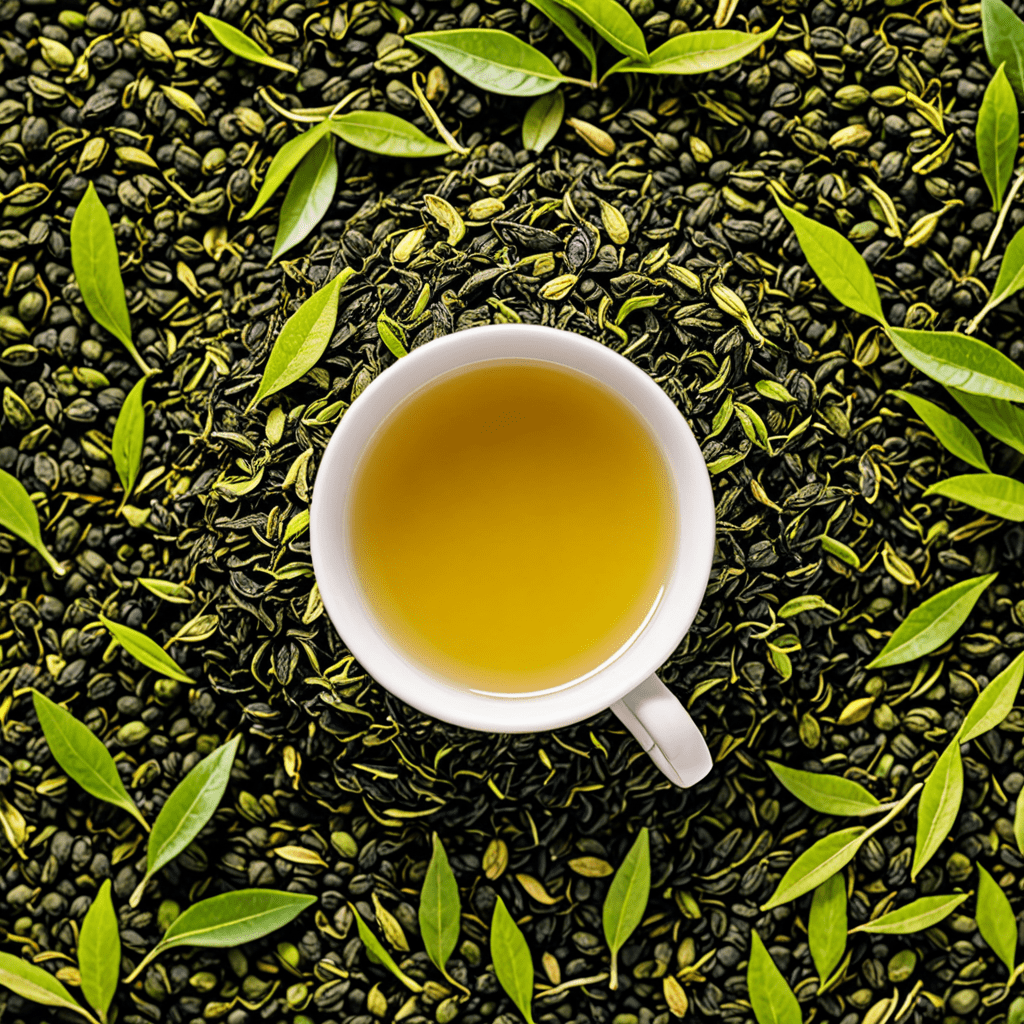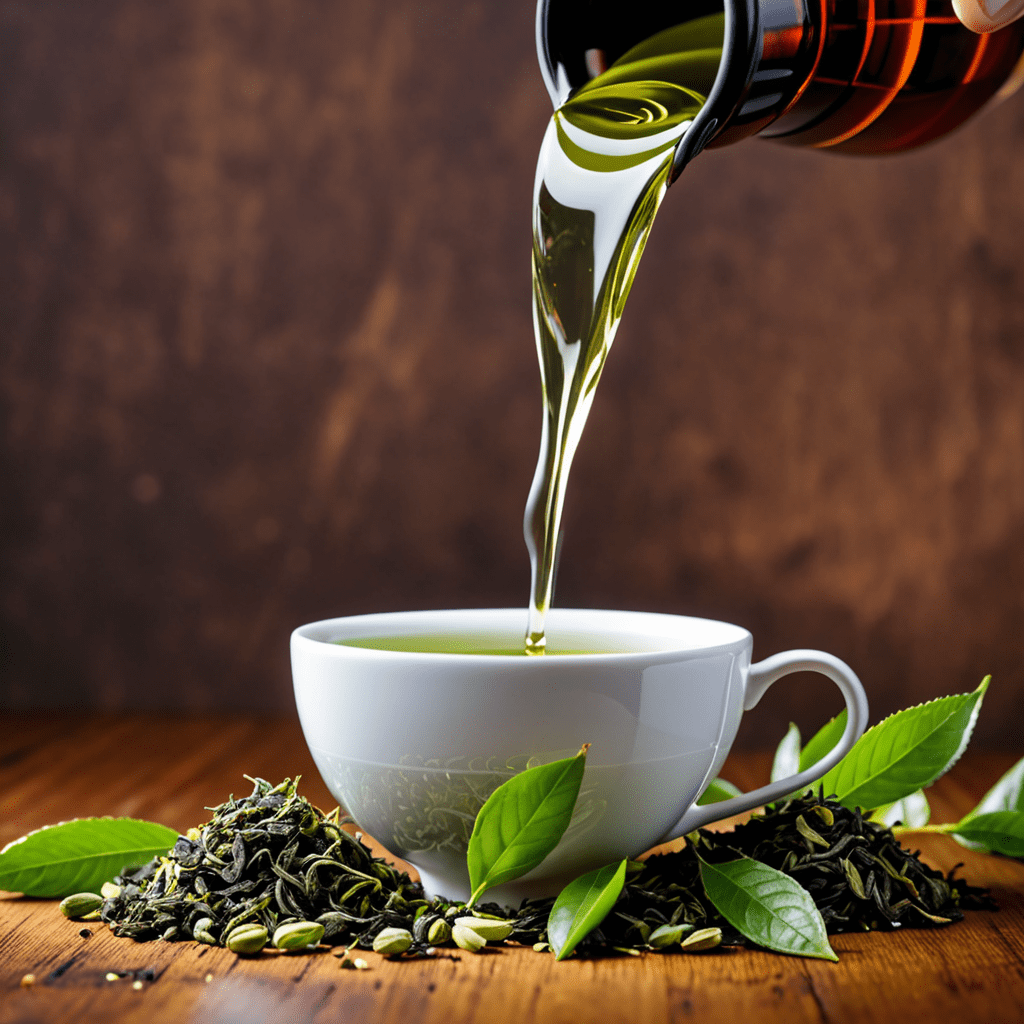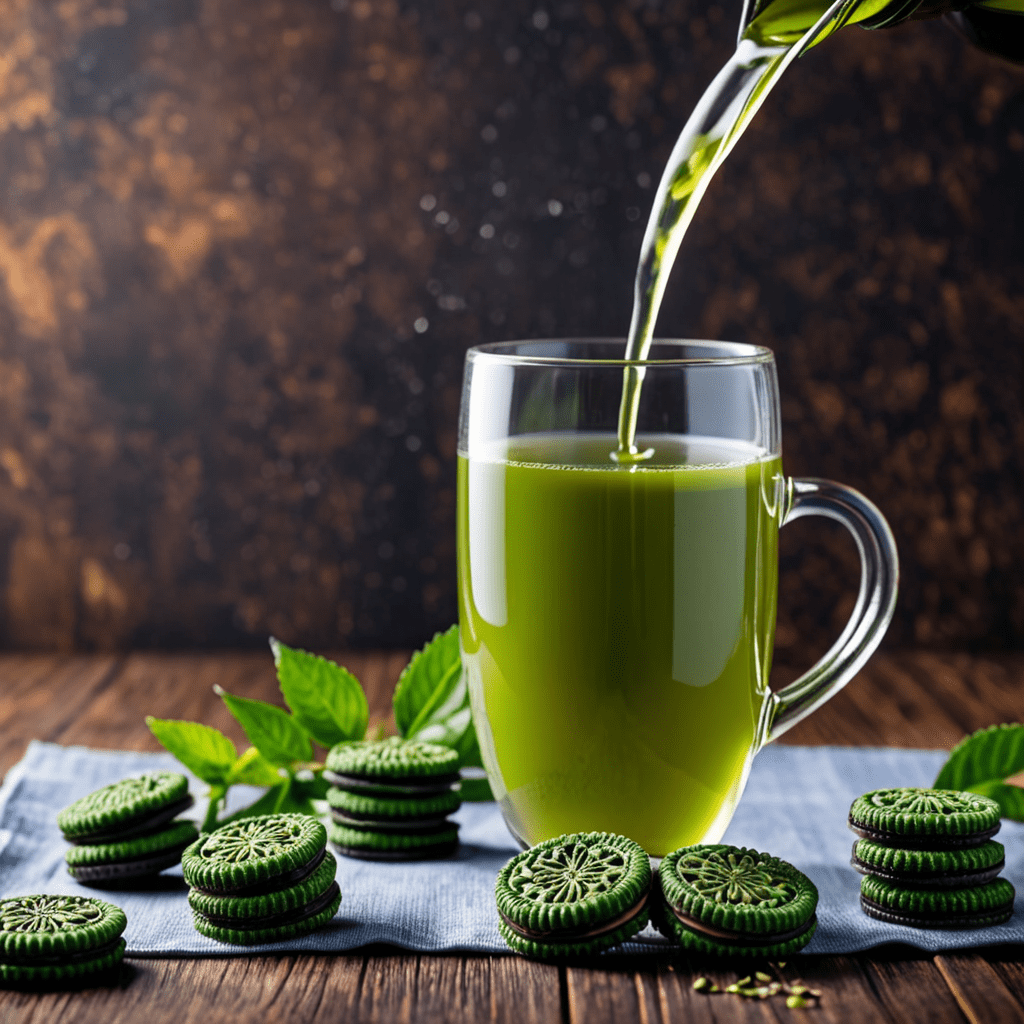
The Ultimate Showdown: Black Tea and Green Tea Caffeine Explained
Diving Into the World of Tea Caffeine
Tea has been a beloved beverage for centuries, and its caffeine content is a topic of interest for many. In this article, we will explore the differences in caffeine levels between two popular varieties: black tea and green tea.
Understanding Caffeine in Tea
Caffeine is a natural stimulant found in various plants, including tea leaves. It acts on the central nervous system, providing a temporary boost in alertness and energy. When it comes to tea, the caffeine content can vary depending on several factors, such as the type of tea and the brewing process.
The Battle of Caffeine: Black Tea vs. Green Tea
Black tea and green tea are both derived from the Camellia sinensis plant, but they undergo different processing methods, leading to distinct flavor profiles and caffeine content.
Black Tea: A Bold Caffeine Kick
Black tea is known for its robust flavor and rich, dark appearance. When it comes to caffeine, black tea generally contains higher levels compared to green tea. The caffeine content in black tea is influenced by factors such as the specific tea variety and brewing time.
Green Tea: A Subtle Source of Caffeine
On the other hand, green tea offers a more delicate flavor profile and a lighter hue. In terms of caffeine content, green tea typically contains lower levels than black tea. The exact caffeine content can vary based on factors like tea quality and steeping temperature.
Factors Affecting Caffeine Levels
Various elements can impact the caffeine content in both black and green tea. Some of these factors include the tea’s growing conditions, harvesting time, processing techniques, and brewing methods. Understanding these influences can help tea enthusiasts make informed choices based on their preferences for caffeine intake.
Making the Choice: Black or Green Tea?
Ultimately, the decision between black and green tea boils down to personal preference. While black tea offers a stronger caffeine punch, green tea provides a more subtle source of the stimulant. Tea drinkers can select their brew based on flavor, aroma, caffeine content, and the overall experience they seek from their tea ritual.
Frequently Asked Questions About Tea Caffeine
Let’s answer some common questions about the caffeine content in black and green tea:
Q: Can I reduce the caffeine content in my tea?
A: Yes, you can opt for decaffeinated versions of black or green tea if you wish to enjoy the flavor without the stimulant. Additionally, adjusting the brewing time and using lower temperatures can also impact the caffeine levels in your tea.
Q: Are there other caffeine-free alternatives to black and green tea?
A: Absolutely! Herbal teas, such as chamomile, peppermint, and rooibos, are naturally caffeine-free and offer a wide range of flavors and aromas for those seeking a stimulating beverage without the caffeine boost.


